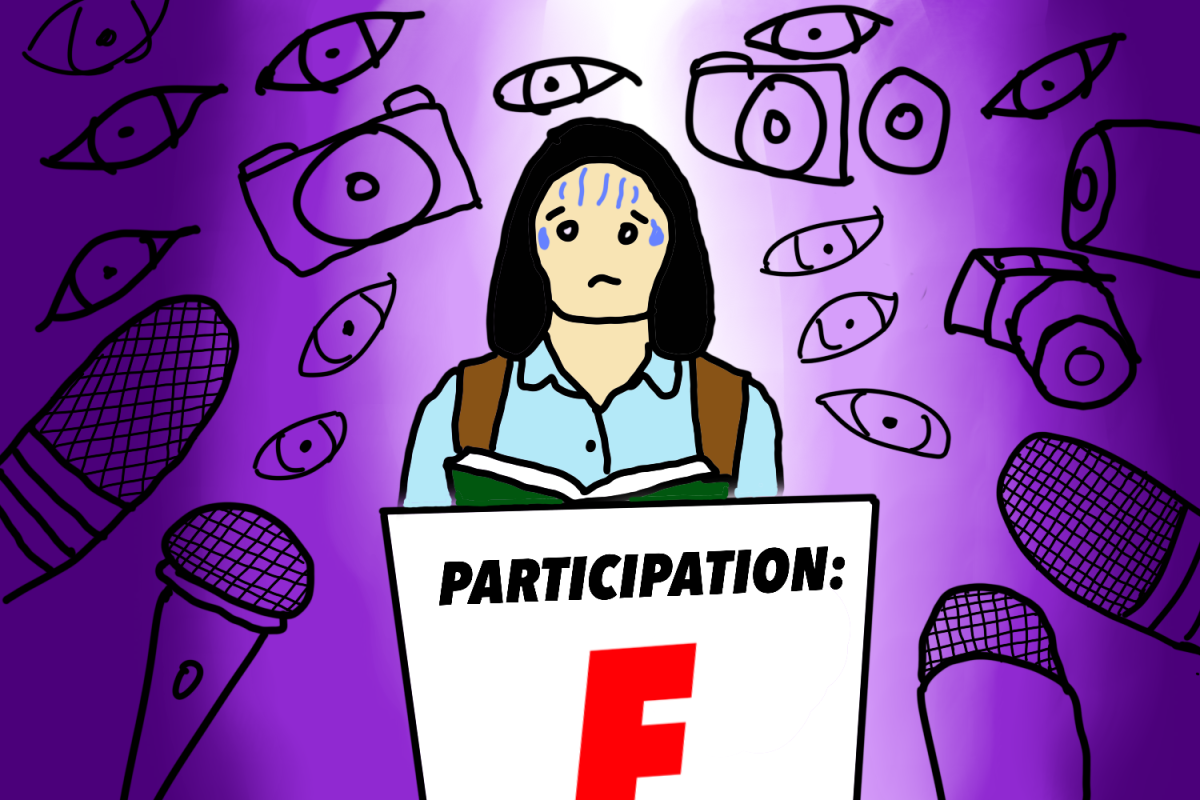In the world of education, there are many ways to tackle the tedious and often time-consuming act of studying. One especially controversial solution is music. While some may disagree with the thought of tunes while diving into the contents of a textbook, research shows that the right kinds of music may just transform the study experience from tedious to terrific.
Firstly, music can serve as an excellent tool for blocking distractions. In contrast to the notion that music is a distraction, it can actually serve as a way to block out external noises. Rhythmic beats and calming tunes allow students to fully concentrate on their studies. Blocking out surrounding noises is especially helpful in study settings such as a crowded library or coffee shop. A great example could be classical music, which can enhance the ability to think through long-term, more abstract solutions to logical problems, according to Vaughn College.
Moreover, the calming effect of listening to music can significantly reduce the stress brought on by studying. The National Library of Medicine found that listening to music has a positive effect on the psychobiological stress system. As students face the challenging demands of school, it often comes with the side effect of stress, something none of us appreciate. The right playlist can act as a defense against stress, releasing tension and promoting a more relaxed state of mind, leading to more effective learning.
Another one of the more unique traits of music, that is beneficial to studying, is its proven impact on memory. Scientific studies have shown that certain types of music, such as 40 Hz binaural beats, can enhance memory retention and concentration.
For instance, in a study conducted by the world’s largest biomedical library, participants were involved in “5-min binaural beat stimulation” frequency sessions over four weeks. They were then assessed based on their cognitive abilities, memory, and mood. The group involved in the Gamma 40 Hz entrainment frequency showed improvements in cognition, memory, and mood.
In addition to its cognitive benefits, music can serve as a source of motivation for students going through extensive study sessions. Music of the right kind can illuminate an otherwise dull and tedious task, promoting focus and concentration. A well-thought-out playlist can be the key to eliminating procrastination and transforming a mundane study session into a fun and engaging activity.
In the realm of education and academic pursuits, music is quite the opposite of a distraction. It’s a great companion for students, serving as a great tool to enhance the study experience. From blocking out distractions and reducing stress to boosting motivation and memory, it is evident that music and studying are the perfect combination to achieve academic success. So, the next time you embark on vigorous study sessions, consider turning on those tunes to make the experience more enjoyable. The key to success may just be a few sounds away.
Graphic courtesy of DEVIANTART.COM







